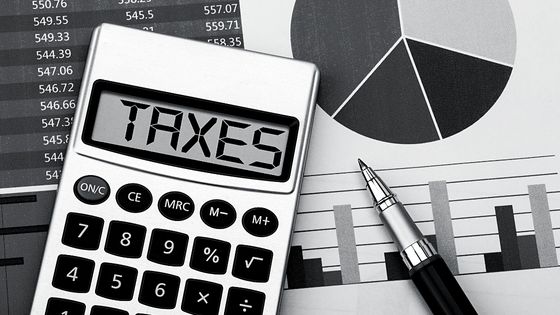Paying taxes is a responsibility that no person or business can avoid. We’re required to pay the appropriate share of taxes on our business and personal income. However, there is a difference between paying your personal income taxes and the obligations of paying business income taxes as a business owner. This article will focus on business income and the corresponding tax implications.

Defining Businesses Income
First is it important to define what business income is. Business income includes the following.
- Any form of cash income generated by the business including sales from;
- Online stores
- Catalog sales
- Brick and mortar stores
- Reduced price sales
- Sales made at special events i.e. when a business sets up a booth to sell their product outside of their usual sales channels
- Commissions on sales
- Earnings from investments
- Payments on outstanding debts
- Insurance payouts
- Increases in your holdings including
- Investment income
- Stock income
- Capital gains/losses
- Government assistance for your business operations
As a business, all of these sources are considered income generating and can be reached to determine the total business income that will be accessible for taxation.
Excludable Business Income
Not all income that is generated will be included in the final number that is accessible for tax payments. There are a variety of expenditures and expenses that a business can claim and deduct from their total business income. These are called business tax deductions.
Tax deductions include a variety of costs that can be deducted from the business income, thereby lowering the tax base of the business, overall. Some tax deductions include;
- Costs associated with expenses that are necessary to run the business these can include;
- Cost of travel/Automobiles/Airline or Train travel/Petrol reimbursement to employees who travel for work
- Mileage reimbursement for employees who travel for work using their personal vehicles
- Reimbursement for purchases made by employees to assist them in doing their job
- Payment of wages
- Safety needs/supplies related to COVID-19
- Costs to run the business such as office supplies
- Superannuation contributions
- Receipts for all monies being claimed toward a tax deduction must be available and accounted for to support the businesses claim
- Costs cannot include any personal expenses incurred while owning the business
Once the costs associated with running your business are subtracted from your total business income, you will have the amount of business income that you will be required to pay taxes on.
Paying Business Taxes
There are several ways in which business taxes can be paid, however all business must file a business income tax form at the end of every year. This form will require inclusion of all of the businesses financial information pertaining to income and expenses to be included. Most commonly the form requires the legal name of the business, an accounting of the business income and delineation of all of the business expenses being deducted from the business income to support the claimed taxable income amount.
However, rather than wait and make a single payment of business income taxes, many businesses will opt for a pay as you go option. This allows the business to use their current income and expense information and estimate what they might owe in taxes on a quarterly basis. At the end of the tax year a full accounting can be done and the actual amount of owed taxes can be determined. If a business overpaid during the course of the year, monies most likely will be returned to them. If a business underpays, the balance will be due and owing at the end of the tax year.
Taxation of a business is a complicated issue which has many legal facets to it. When attempting to properly pay business income tax, it is highly advised that a business owner involve several professionals including an accountant and/or a solicitor that specialises in business taxation to ensure you’re compliant and minimising your tax burden.




















